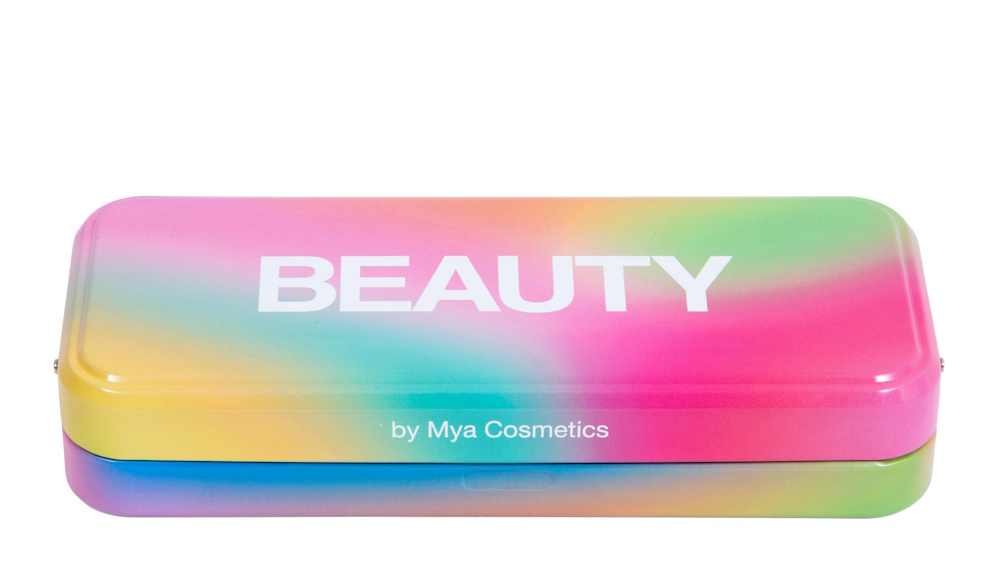Skin Disorders on the Rise - How to Keep Them Under Control as We Mark World Dermatitis Day

Australia has one of the highest incidences of eczema in the world and sufferers of debilitating skin conditions seem to grow daily – the latest figures show that nearly one third of Australians will suffer eczema at some stage in their lives.
Melody Livingstone, CEO of MooGoo, an Australian skin care range treating skin issues like eczema and psoriasis, says she’s seen a dramatic rise in the number of people suffering skin issues.
“Australia has one of the highest incidences of dermatitis in the world, and it is only getting worse – 50 years ago, only one in 10 Australian children suffered from it,” said Livingstone
“It can develop for a number of reasons, including climate, lifestyle, hygiene and genetics, and can become easily infected, causing pain, inflammation and lack of sleep, and research shows the number of cases of dermatitis is on the rise worldwide, but we don’t know why.
“There are more people with eczema than ever before and we’re selling an eczema cream every two minutes. In Australia, we’ve had an increase in people contacting us for skin care advice as COVID-19 and its impacts have wreaked havoc on people suffering from skin issues, and the constant handwashing and use of hand sanitiser has caused dermatitis to flare.”
Ms Livingstone shares tips on how to manage dermatitis:
Keep fingernails short to prevent scratching from breaking the skin and wear cotton mitts or gloves at night
Wear 100% cotton or soft fabrics – avoiding rough, scratchy fibres and tight clothing
Have lukewarm baths and showers
Using hypoallergenic products and avoiding anything perfumed
Gently pat, not rub, the skin dry with a soft towel
Apply a moisturiser within three minutes after bathing to ‘lock in’ the moisture
Avoid rapid changes of temperature and activities that raise a sweat
Use sensitive skin washing powders and detergents
Reduce daily stress
Learn your eczema triggers and how to avoid them
Develop and maintain a daily skin routine
She adds: “Studies have shown that up to 30% of infants with dermatitis, with a family history of allergy, will develop food allergy, and up to 40% develop asthma and/or allergic rhinitis (hay fever) – but while many people develop it as children and carry it into adulthood, there are instances where people spontaneously develop eczema as adults.
“It can take a huge toll on families, with research showing the impact of moderate and severe dermatitis on families is significantly higher than the impact of diabetes on families.
“Despite dermatitis becoming more common, there’s still surprisingly little understanding around how to manage it, and there is no proven cure, education and keeping the symptoms under control is critical.
“The importance of maintaining good gut flora is emerging as a link. Trying to get as much rest as possible and keeping skin cool, moisturised and hydrated is important, as is avoiding known allergens.”
I have a number of case studies, including Cherie Alexander, 87, who works as a dental assistant has had such severe eczema on her right hand that she could hardly work at times.
“My eczema was so bad that I would be in tears in the shower. I had to wear gloves to wash my hair and at work I was constantly in pain,” she says.
“Often my fingers or hands would split open, it looked like I had cut myself. Cortisone cream was the only thing that helped, but after even a day or two of not using it, the pus blisters and sores would be back – I didn’t want to keep using these heavy creams, but it was a never-ending cycle.”
























